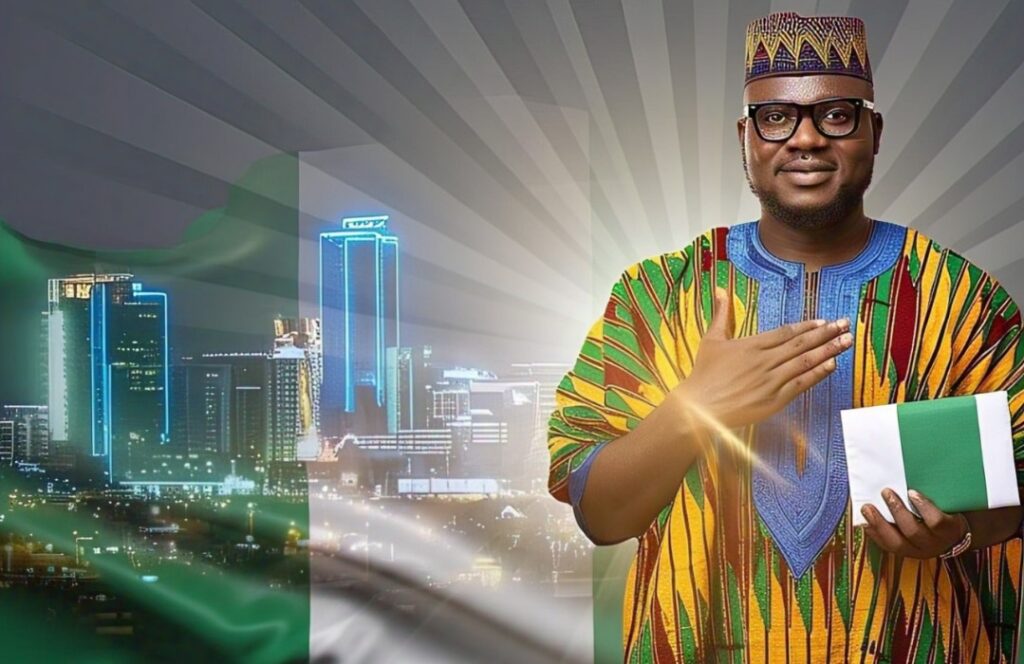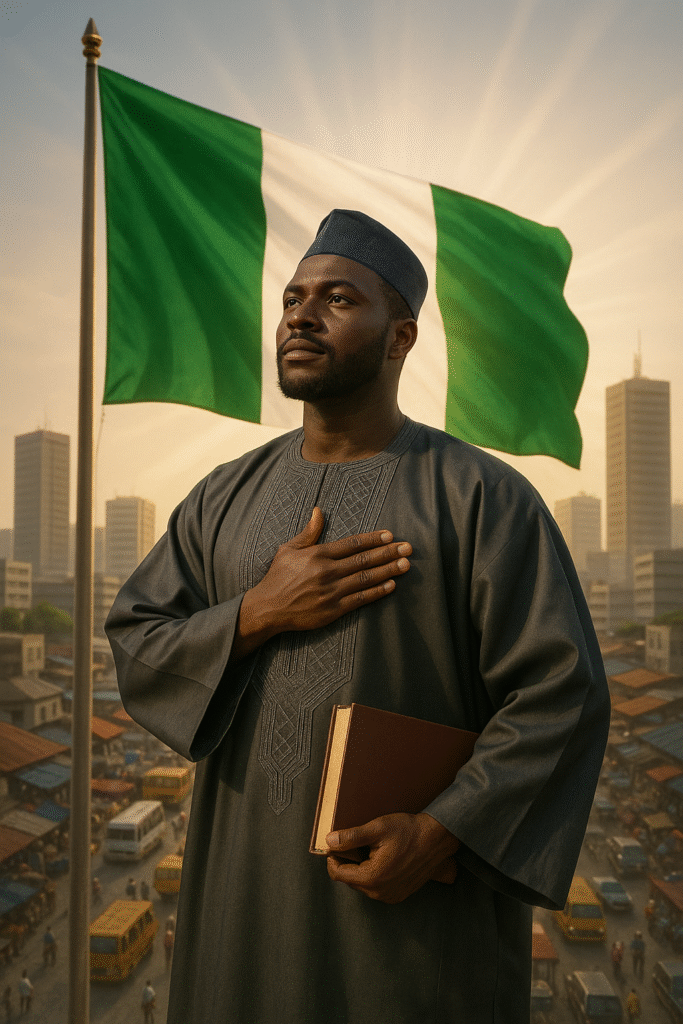Written 15th of March, 2023
There is an old Yoruba adage that says, “Only a bastard describes his father’s house with his left hand.” This profound saying underscores the importance of respect, loyalty, and discretion when speaking about one’s own. Yet, in today’s Nigeria, it appears that many—especially in the mainstream media—have forgotten this wisdom. Instead of shielding the nation’s image and promoting its progress, they seem all too eager to amplify every flaw, scandal, and setback, painting the country in the worst possible light.

The Power of the Media: Perception Shapes Reality
The media is not just a messenger; it is a moulder of minds. The Magic Bullet Theory of mass communication proves this—whatever narrative the media pushes, the public often absorbs without question. If the press constantly highlights chaos, corruption, and failure, that becomes the dominant perception, both at home and abroad. Unfortunately, while foreign media often downplay their nations’ struggles to preserve their global reputation, Nigeria’s media does the opposite.
Take the United Kingdom, for instance. At the moment (as at when article was written):
- Doctors are on strike.
- Train services are set for a nationwide strike.
- University lecturers are preparing to down tools.
Yet, these stories are not sensationalized in their media the way Nigerian outlets would. Why? Because they understand the power of perception. They know that constantly broadcasting domestic crises erodes confidence—both from citizens and foreign investors. But in Nigeria, bad news sells, and many journalists and social media influencers seem to relish spreading negativity, often without context or balance.
The Hypocrisy of Fake Patriotism
Many Nigerians claim to love their country, yet their actions suggest otherwise. There is an almost perverse eagerness to share bad news—fueled by the dopamine rush of likes, retweets, and trending topics. A fake report about a government official? It spreads like wildfire. A negative economic forecast? Instant engagement. But when small victories are recorded—improved infrastructure, local innovations, or policy successes—silence follows.

This obsession with negativity is not just irresponsible; it is self-destructive. If citizens and media alike are always waiting for the next disaster to celebrate, how can the nation progress? How can investors trust a country whose own people seem determined to portray it as a lost cause?
Beyond Government Blame: Personal Responsibility
Yes, the government has its failings. Corruption, inefficiency, and policy inconsistencies are real issues that must be addressed. But the narrative that everything wrong in Nigeria is the government’s fault is lazy and dishonest.
What about personal responsibility?
- Unemployment: The government cannot single-handedly employ every graduate. What skills have you acquired beyond your degree? In a digital age, opportunities exist for those willing to learn, adapt, and hustle.
- Civic Duty: Do you vote? Do you hold leaders accountable beyond social media rants? Do you pay taxes or obey traffic laws? A better Nigeria starts with better citizens.
- Mindset Shift: Success is gradual. Not every graduate will land a “Fed Job” immediately. Entrepreneurship, vocational skills, and self-development are pathways to prosperity.
A Call for Balanced Patriotism

Loving Nigeria does not mean ignoring its problems—it means addressing them constructively while also celebrating its strengths. The media must lead this change by shifting from sensationalism to solution-driven reporting. Citizens, too, must move beyond keyboard activism and take actionable steps toward national improvement.
If we keep tearing down our own house with the left hand, who will respect us? It’s time to rebuild—with wisdom, pride, and the right hand of dignity.
The4298x is a Social Reformer and Public Affairs Analyst.



